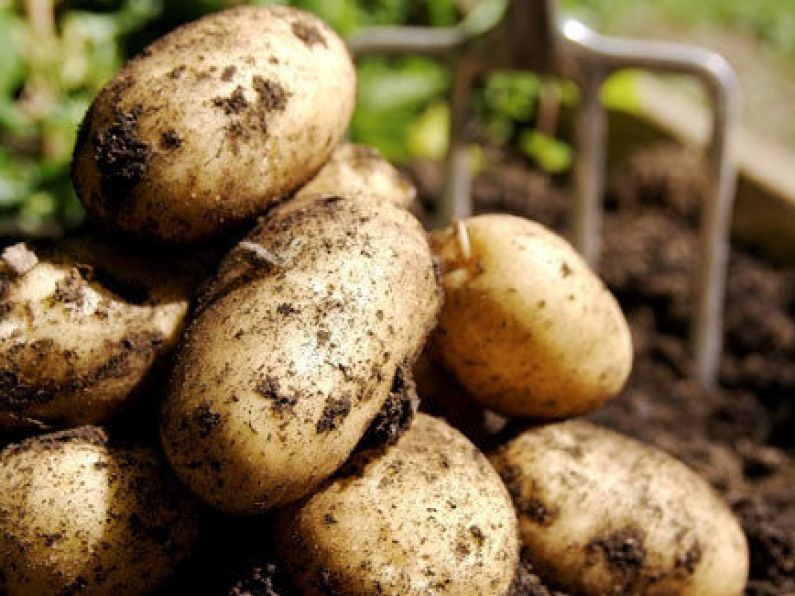Eating potatoes could help you lose weight, according to new research.
Researchers in the US concluded that eating spuds could help people to lose weight, as participants felt 'fuller quicker' after higher calorie food was replaced with potatoes.
There are 77 calories in every 100g of potatoes - compared to 81 calories per 100g for peas, and 155 in baked beans.
They also contain up to half the calories of bread, pasta and rice, when eaten in the same quantities.
But researchers warned that it's important to pick a healthier cooking method to avoid lowering the nutritional value. Therefore, eating crisps and chips that are fried should be avoided.
The study found people tend to feel full once they have eaten a certain amount of food - regardless of calorie content.
Carb-rich foods have also often been labeled as having a greater risk of type two diabetes, however, this new research has suggested that they do not have a greater risk.
Study co-author Professor Candida Rebello, a dietitian at Pennington Biomedical Research Centre in Baton Rouge, Louisiana in the US, said: 'People tend to eat the same weight of food regardless of calorie content in order to feel full.
'By eating foods with a heavier weight that are low in calories, you can easily reduce the number of calories you consume.
'The key aspect of our study is that we did not reduce the portion size of meals but lowered their caloric content by including potatoes.
'Each participant's meal was tailored to their personalised calorific needs, yet by replacing some meat content with potato, participants found themselves fuller, quicker, and often did not even finish their meal.
'In effect, you can lose weight with little effort.'
The researchers came to this conclusion by recruiting 36 people aged 18 to 60 who were overweight, obese or had insulin resistance
The participants all ate 85g of meat or fish at lunch and dinner, with either 57g of potatoes or 57g of cooked pulses with bread, rice or pasta for eight weeks.
Both diets were high in fruit and vegetables and saw the participants substitute 40 per cent of the meat they'd usually eat for their allocated vegetable sides.
Those eating potatoes boiled them with the skin still on and then refrigerated them for 12 to 24 hours — the reason for tis was because the cooling process increases their fibre content and lowers the blood glucose response the potatoes usually trigger.
Potatoe sides such as mash, oven-roasted wedges and potato salad were added to their lunch and dinner.
The results, published in the Journal of Medicinal Food, suggest the diets contained equal health benefits — regardless of whether people had potatoes or pulses.
Those who ate potatoes lost 5.8kg (12.8lbs), on average, while those eating beans lost 4kg (8.8lbs), while both groups saw improvements in their insulin resistance.
Professor Rebello said: 'We demonstrated that contrary to common belief, potatoes do not negatively impact blood glucose levels.
'In fact, the individuals who participated in our study lost weight.'
She added: 'People typically do not stick with a diet they don't like or isn't varied enough.
'The meal plans provided a variety of dishes, and we showed that a healthy eating plan can have varied options for individuals striving to eat healthy.
'In addition, potatoes are a fairly inexpensive vegetable to incorporate into a diet.'






